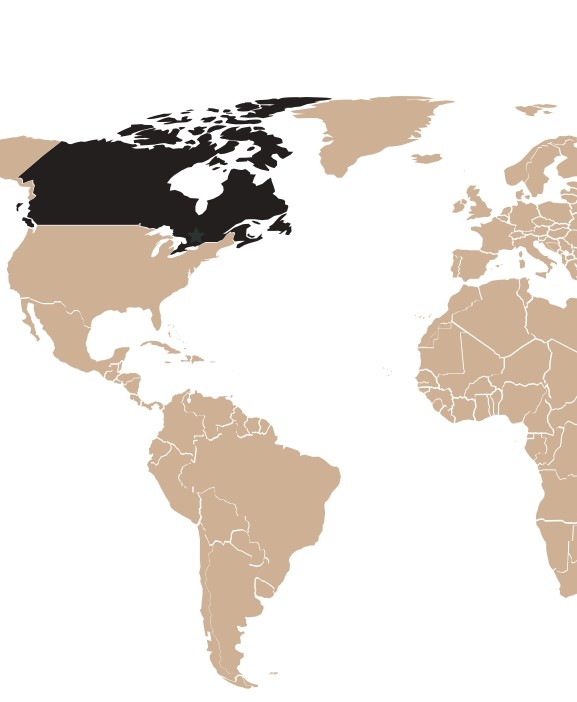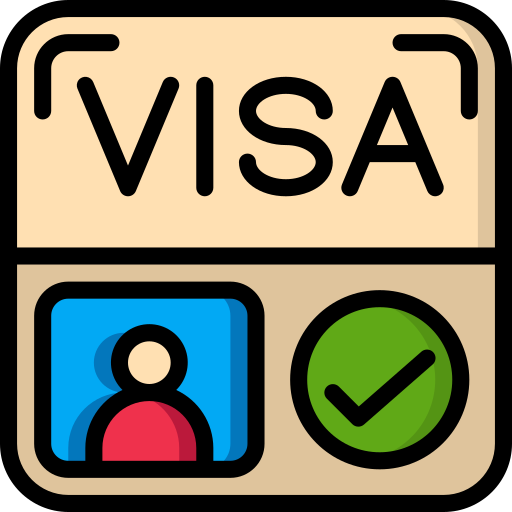Hungary is a landlocked country located in central Europe, bordered by Austria, Slovakia, Ukraine, Romania, Serbia, Croatia, and Slovenia. It has a rich history and culture, with influences from the Roman Empire, Ottoman Empire, and various other neighboring countries. The population is predominantly Hungarian, with minority groups including Roma, Germans, and Slovaks. Hungary has a well-developed education system, with both public and private institutions available for students. The country has a high literacy rate, and many Hungarian universities are internationally recognized. The healthcare system is publicly funded and provides universal coverage for all citizens, although access to quality care can be limited in certain regions. Hungary’s economy is diverse, with industries such as automotive manufacturing, pharmaceuticals, and information technology contributing to its GDP. The country is a member of the European Union and NATO and plays an active role in regional and global affairs. Hungary is also known for its thermal baths and rich cultural heritage, making it a popular destination for tourists from all over the world.
In Hungary, foreign nationals can obtain work permits in various categories, including highly skilled workers, seasonal workers, and intra-corporate transferees. Each category has its own eligibility criteria, requirements, and benefits.

The average monthly salary in Hungary varies depending on the industry and job position. On average, the salary ranges from HUF 350,000 (approximately €960) for entry-level positions to HUF 1,000,000 (approximately €2,750) for highly skilled positions. The cost of living in Hungary is relatively affordable, with Budapest being the most expensive city in the country.
The eligibility criteria for a work permit in Hungary vary depending on the type of permit. In general, applicants must have a valid job offer from a Hungarian employer and a work contract outlining the terms of employment. They may also need to provide evidence of their qualifications and experience related to the job, as well as a criminal record certificate and a medical certificate.
Hungary offers a rich history and culture, with a blend of Eastern and Western European influences. The country has a good work-life balance, with a standard working week of 40 hours and a minimum of 20 paid vacation days per year. The healthcare system is publicly funded and provides universal coverage for all residents. Hungary is also a member of the European Union and Schengen Area, providing easy access to other European countries. Budapest, the capital city, is known for its beautiful architecture, vibrant nightlife, and world-renowned thermal baths.
Language: Hungarian & English
zone: SEČ: UTC+01:00)
(DST): CET+1hour
Currenncy-Hungarian Forint

You must fill out the visa application form.

Copy of the valid passport.

Passport size photographs.

Proof of paid application fee.

We will assist you in obtaining a one-year official work permit for Poland, allowing you to legally work and reside in the country.

Our skilled team will manage all the arrangements for your visa application at the Polish Embassy or Consulate, guaranteeing a hassle-free and streamlined process.

We'll furnish a meticulously completed visa application form, precisely incorporating your personal particulars and pertinent details.

Our experienced visa consultants will evaluate your eligibility for a work permit in Poland and provide tailored guidance and advice.

Our team will give you specific suggestions to ensure your documents are prepared thoroughly and effectively, maximizing your application's success.

Our comprehensive package includes an insurance policy to ensure your protection and peace of mind throughout your stay in Poland.

As part of the work permit process, we will organize a confirmed flight reservation to Poland for your convenience.
In today’s world, building a business also means you’ll need a strong website and social media presence. These can help learn your customers better.